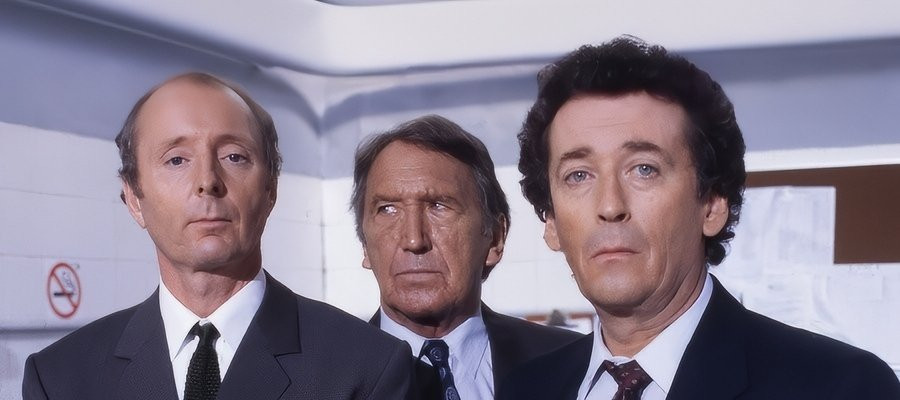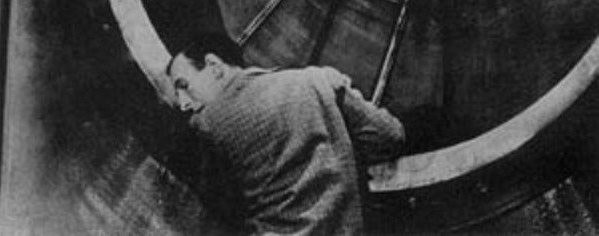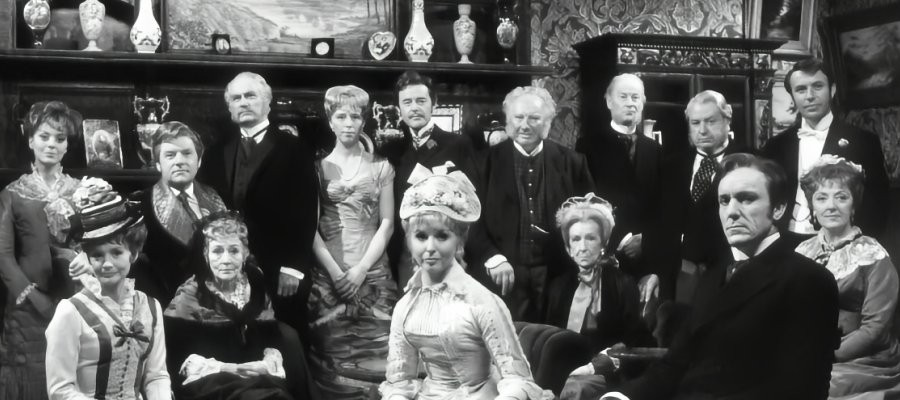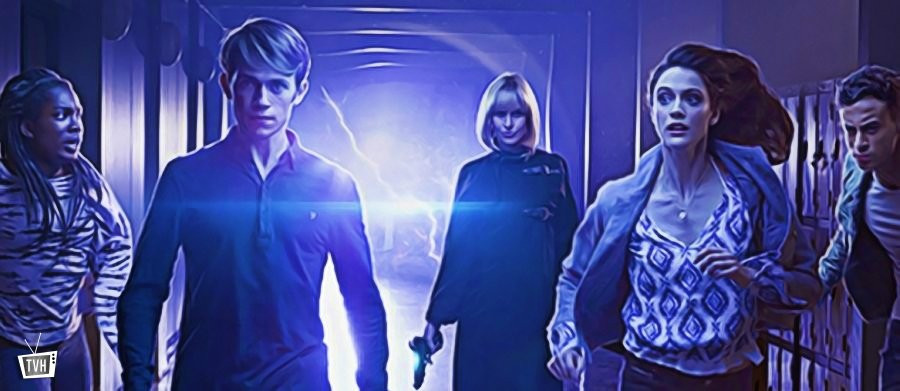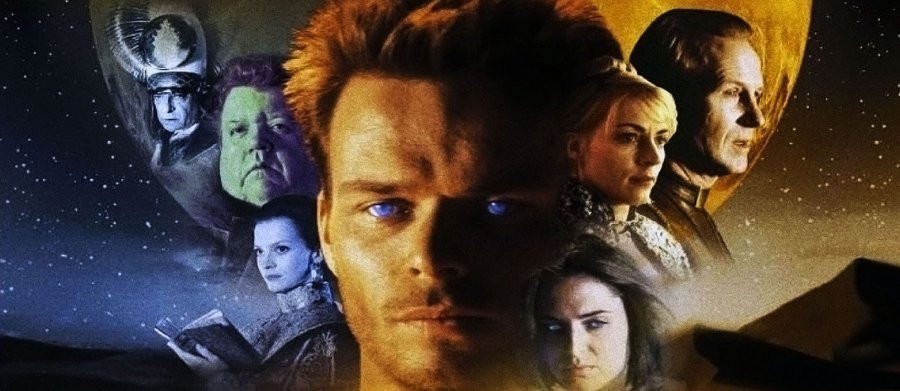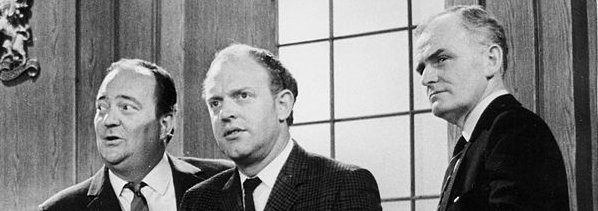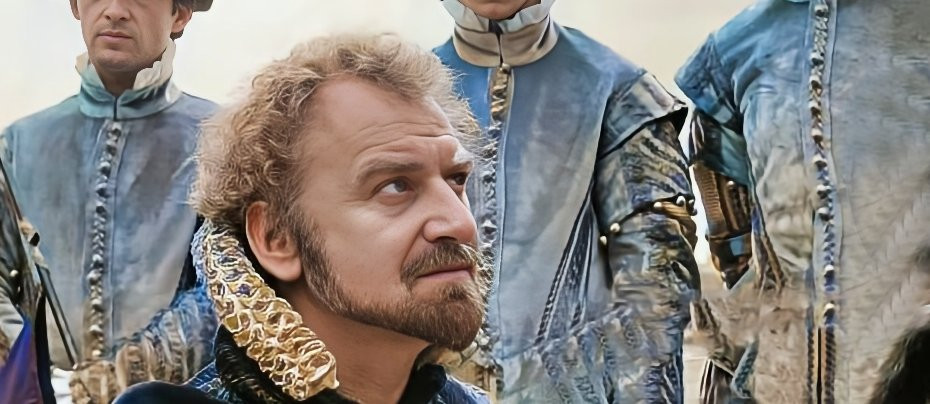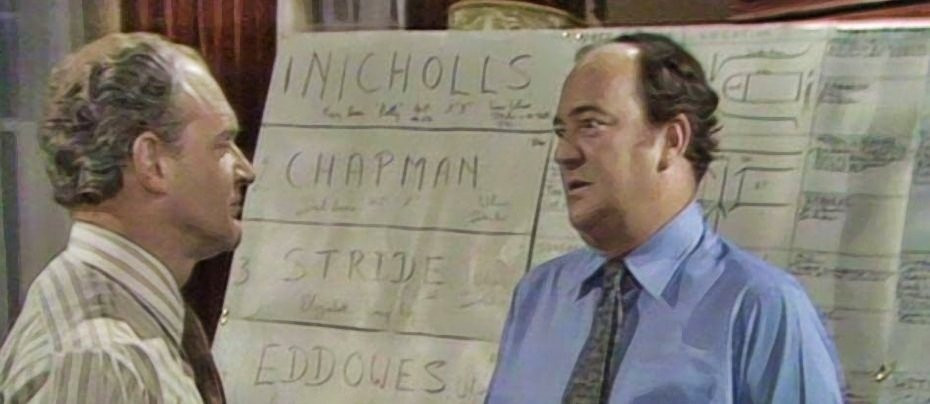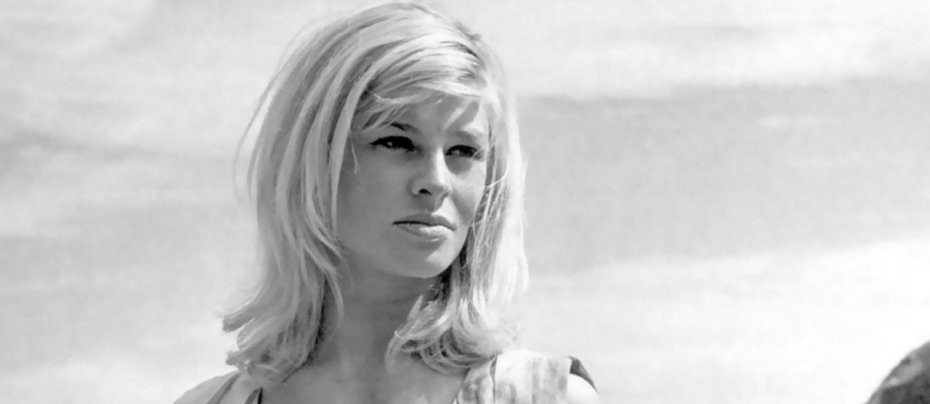
A For Andromeda
1961 - United KingdomNow recognised as a classic science fiction series, A for Andromeda was developed for television by writer and BBC producer John Elliot from an original storyline by Cambridge astronomer and novelist Fred Hoyle.
In 1970 a radio telescope in the Yorkshire Dales picked up a series of signals from the remote constellation of Andromeda. These signals were then decoded by brilliant young scientist John Fleming (Peter Halliday), and in spite of opposition from his over-ambitious colleague, Dennis Bridger (Frank Windsor), Fleming revealed that the signals were instructions for the construction of a super computer, which was duly built under Government supervision on a remote Scottish island. The computer's 'message' revealed the inhuman arrogance of its creators, who believed that by informing others of what they had been through and showing them a path forward (which required a certain amount of tyranny) they would save all the races who received the message from destroying themselves.
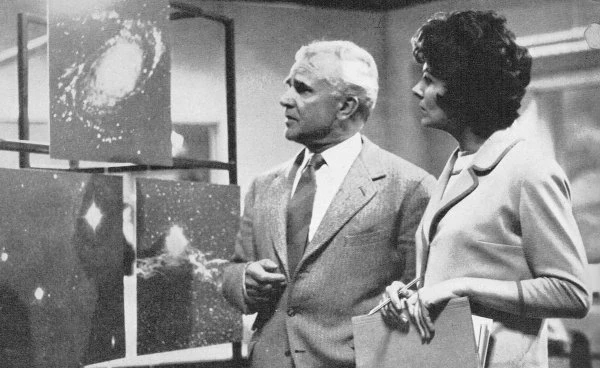
To get its message across, the computer created an embryo based on a female lab assistant that it had electrocuted. The embryo rapidly developed into a replica of the girl and was given the name Andromeda. The machine then became dangerous when Fleming tried to interfere with it, which it would not tolerate. However, under the admiring and human influence of Fleming the girl eventually rejected her mechanical master and the world was made safe once more. Until, that is, the second series, The Andromeda Breakthrough, in which Fleming and Andromeda were kidnapped by the evil Kaufman (John Hollis), who worked for a Swiss business cartel called Intel, whose aim it was to build another computer.
The series was notable for being the BBC's first attempt at adult science fiction since the highly successful Quatermass serials, and for the introduction of Julie Christie (as Andromeda), who was discovered at a drama school by producer Michael Hayes. In the second series Susan Hampshire played the girl. Although all of The Andromeda Breakthrough exists in the BBC archives, only about 11 minutes of A For Andromeda has survived, although it is generally believed that one episode is held in private hands. The BBC made a new version which was broadcast on Monday 13 November 2006.
Seen this show? How do you rate it?
Seen this show? How do you rate it?
Published on November 14th, 2018. Written by Laurence Marcus for Television Heaven.



